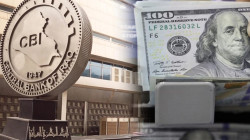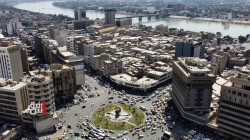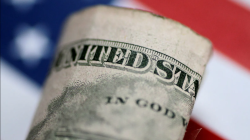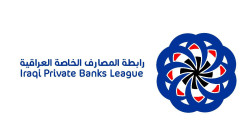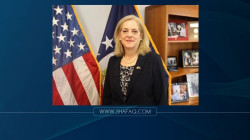Sanctioned Iraqi banks calls on the Baghdad to alleviate damage
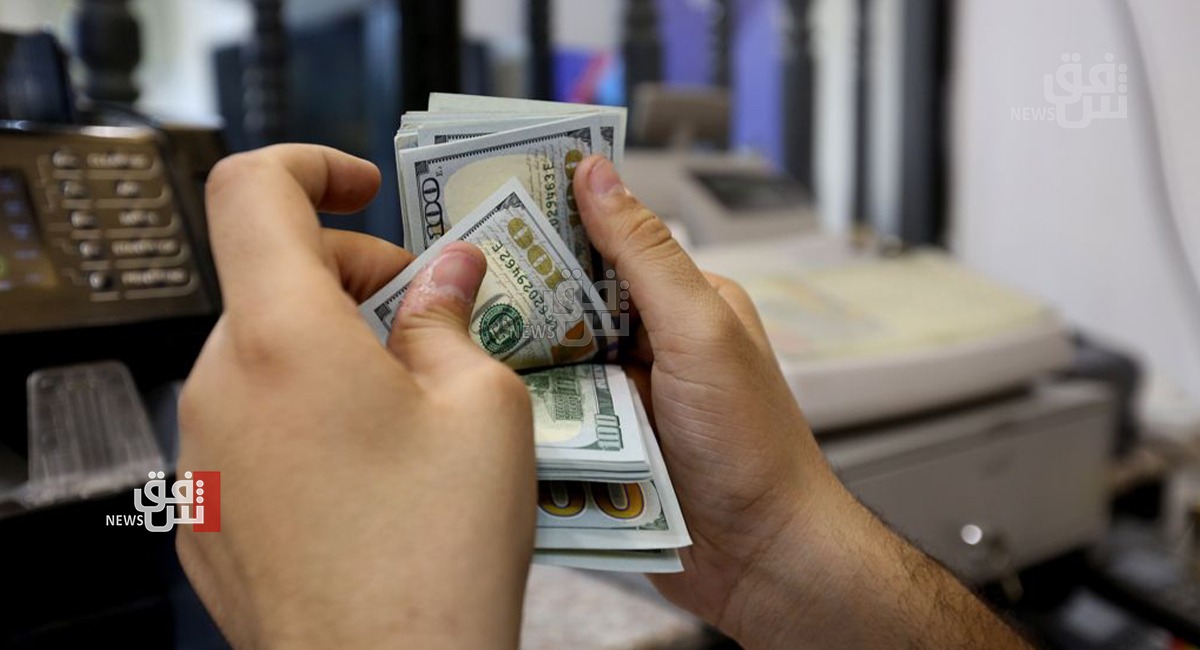
Shafaq News / The 14 Iraqi banks that the US Federal Reserve sanctioned, on Wednesday, demanded an end to the harm the sanctions had caused.
"It was announced on Thursday, July 20, 2023, that our banks were banned from dealing with the US dollar through the Central Bank of Iraq (CBI) and under the guidance of the US Federal Bank," the sanctioned banks stated.
"While we regret this directive, we would like to emphasize that we apply the highest standards of verification and auditing through specialized Iraqi and foreign cadres, as well as advanced global programs and systems used by the best international banks in the field of compliance, combating money laundering and terrorist financing, and verifying all companies and individuals per the various international anti-dealing regulations, including the OFAC Department all to avoid suspicious transactions."
"We work under the CBI umbrella and offer a variety of banking services, including foreign import coverage. We are completely prepared to have all of our transactions audited by CBI or international auditors, and we accept full responsibility for any infractions."
The presence of nearly a third of private banks within the ban on dealing in US dollars will have a negative impact on many aspects, not only on the exchange rate of the Iraqi dinar against the US dollar, but will have a very significant impact in several directions, including stopping foreign investment, according to the statement.
The banks called on the Iraqi government to work with all means available to remove the damage inflicted on them in particular, and to the Iraqi banking sector in general and to provide the necessary support in order to resolve the issue as soon as possible.
The US Treasury Department sanctioned 14 Iraqi banks on Wednesday, July 19, as part of a crackdown on Iran's currency transactions.
According to the Wall Street Journal, "the move came after revelations of information indicating that the targeted banks were involved in money laundering and fraudulent transactions."
"Some of these operations may involve sanctioned individuals, raising fears that Iran will benefit from them."
A senior U.S. official stated to the journal: "We have strong reason to suspect that some of these money laundering operations may benefit either individuals subject to U.S. sanctions or to people who could be sanctioned."
"The primary risk of sanctions in Iraq is certainly related to Iran."
It is noteworthy that the sanctions affected the Islamic Advisor for Investment and Finance Bank, Islamic Al-Qurtas for Investment and Finance Bank, as well as the Islamic Al-Tayf Bank, Elaf Bank, Erbil Bank for Investment and Finance, International Islamic Bank, Trans Iraq Bank, Mosul Bank for Development and Investment, Al-Rajeh Bank, Sumer Commercial Bank, Trust International Islamic Bank, Ur Islamic Bank, Al-Alam Islamic Bank for Investment and Finance, and Zain Iraq Islamic Bank for Investment and Finance.
Furthermore, the US Treasury Department blocked four other Iraqi banks from accessing the dollar last November, and in cooperation with CBI imposed stricter controls on remittances in the country in general.
Additionally, In recent weeks, CBI has excluded four private Iraqi banks from the currency auction, namely: Al-Ansari, Al-Sharq Al-Awsat, Al-Qabedh, and Asia following directives and warnings from the US Treasury Department against these banks, accusing them of smuggling currency.

